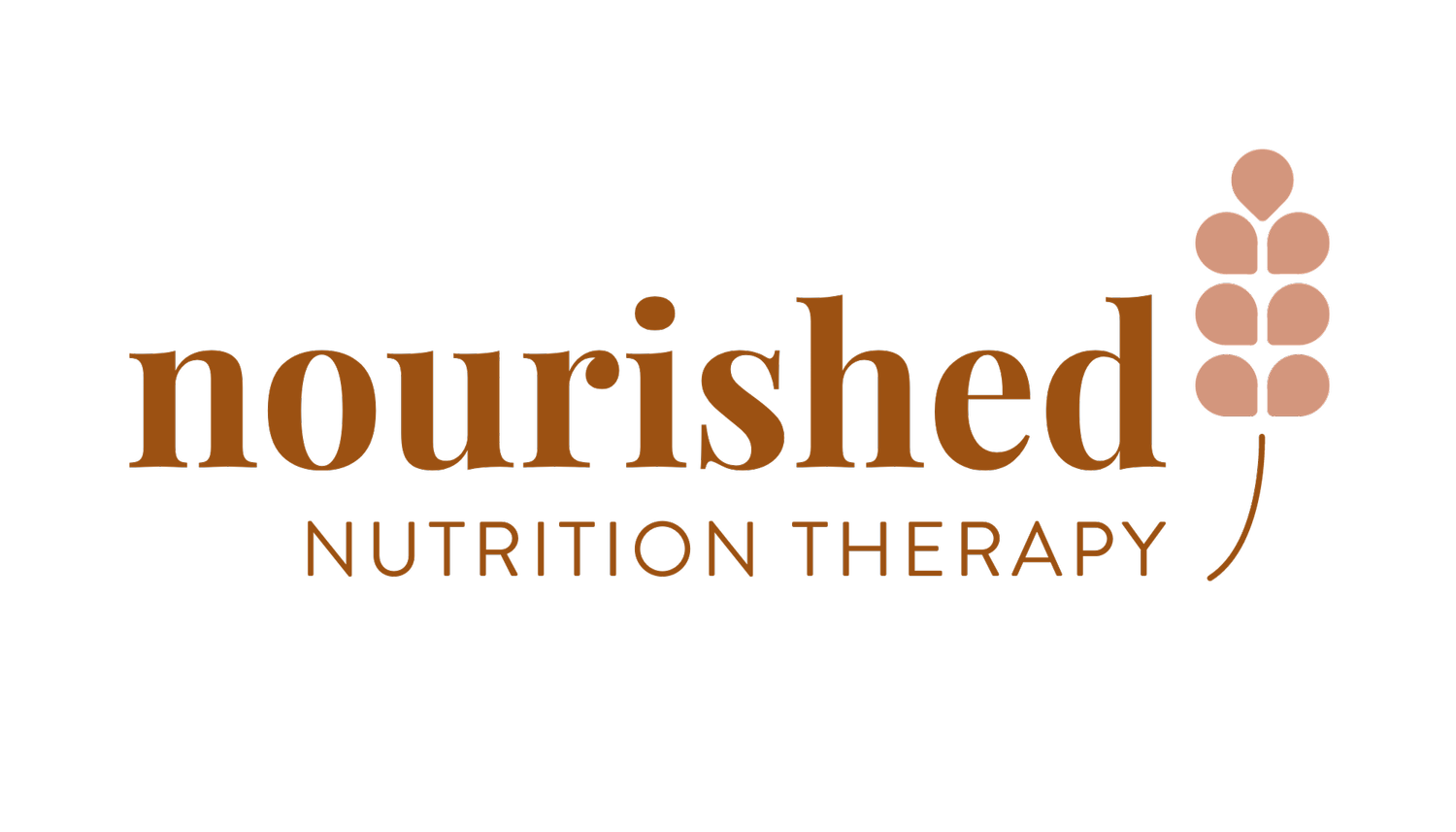Embracing ‘Set Point Theory’ in Eating Disorder Treatment
In the realm of eating disorder treatment, there's a vital concept that often goes overlooked but holds incredible potential for transforming our approach: Set Point Theory. As weight-inclusive nutrition therapists, we firmly believe in the importance of understanding and embracing this theory as a means to guide individuals toward health and healing.
What Is Set Point Theory?
Set Point Theory suggests that our bodies have a predetermined weight range, often referred to as a "set point," at which they naturally function optimally. This set point is unique to each individual and is influenced by factors like genetics, metabolism, and lifestyle. When we try to maintain a weight significantly below or above our set point, our bodies resist, and it can lead to various physical and psychological consequences.
The Role of Set Point Theory in Eating Disorder Treatment
1. Shift in Focus: Embracing Set Point Theory prompts a shift in focus from external factors like societal pressures or arbitrary weight goals to internal cues and the body's innate wisdom. It allows individuals to recognize that true health and well-being may not necessarily align with their desired weight.
2. Individualized Approach: Set Point Theory highlights the importance of individualized care. Eating disorder treatment should be tailored to the unique set point of each person, respecting their body's natural inclinations and needs. This personalized approach is essential for lasting recovery.
3. Reduction in Relapse Rates: Research suggests that treatment approaches that respect the body's set point can lead to better long-term outcomes and a reduced risk of relapse. When individuals embrace their natural body weight, they often experience improved physical and mental health.
Challenges in Accepting Set Point Theory
Despite its potential benefits, accepting Set Point Theory can be challenging, especially in a society obsessed with thinness and weight control. Individuals with eating disorders may have to confront deeply ingrained beliefs about their bodies and their worth. However, with the right support and guidance, it's entirely possible to overcome these challenges and embrace a more balanced and sustainable relationship with food and body image.
Our Weight-Inclusive Approach
At our weight-inclusive nutrition therapy practice, we wholeheartedly support the principles of Set Point Theory in eating disorder treatment. We provide a safe, judgment-free space for individuals to explore this concept and work toward their unique set point. Our goal is to guide clients on a journey to health and healing, prioritizing their mental and physical well-being over arbitrary weight goals.
In conclusion, Set Point Theory offers a promising and holistic perspective for eating disorder treatment. By acknowledging and respecting our body's natural wisdom, we can foster more sustainable recovery and a healthier, happier life. It's time to let go of the unrealistic weight ideals and embrace the individualized, weight-inclusive path to well-being.
Additional Reading:
Journal articles: *please note, these articles contain the O-words that we actively discourage using in our work.

